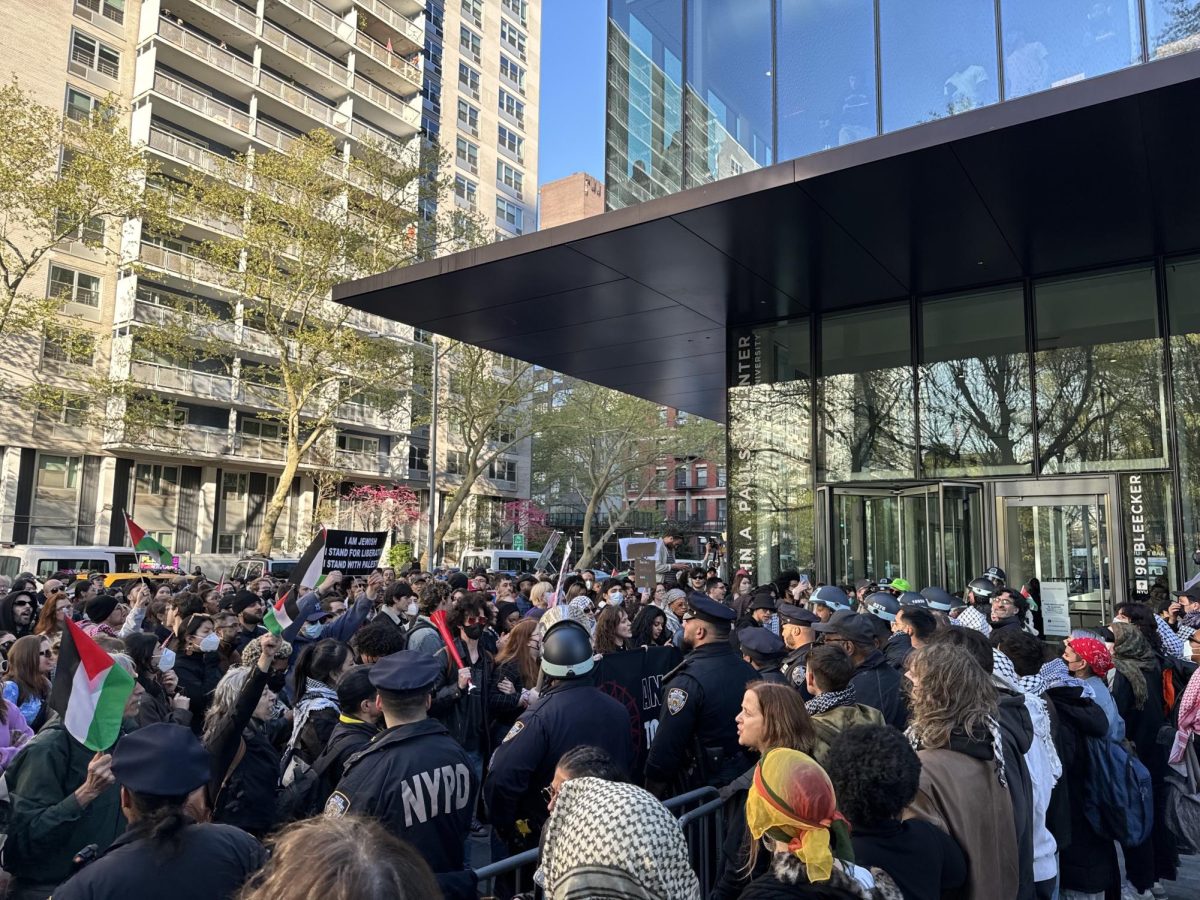Seeking help for alcohol use before I even had my first legal drink was a daunting task. What was my doctor going to think? My parents? My friends? I was terrified of getting a permanent mark on my medical record that would brand me as a substance abuser — a mark that could follow me for the rest of my life and prevent me from being prescribed the medicine I might need in the future.
Furthermore, there is an undeniable stigma associated with college students seeking help for substance abuse issues, especially when it comes to alcohol. After all, drinking is an integral part of the so-called classic college experience. Despite going through AlcoholEdu, we are told from a young age through media and acquaintances that college is a time to party, a time to let loose and a time for self-exploration. As students, we often see ourselves as invincible. While drinking problematically may not be as widespread as most think, it is certainly seen as acceptable behavior by many — if not most — fellow students. In a city like New York, this trend is only exaggerated by both the widespread availability of alcohol and the lack of common spaces open later at night.
To admit that one has a problem with alcohol as a college student is undoubtedly difficult. It is not an easy realization to come to nor is it an easy conversation to have. Oftentimes, friends and family become extremely uncomfortable when the topic is brought up. They may themselves have substance issues they don’t want to face, they may become judgmental or they may simply not know how to help— and it’s hard to blame those who simply don’t know what the right response should be.
Outside of school resources and expensive rehab clinics, many young people may not know where to turn. You may have heard of programs such as Alcoholics Anonymous, but find them scary and alienating. You picture smoky rooms, endless cups of coffee and grizzled old men telling harrowing tales of living under a bridge. If you take Hollywood’s word for it, this is what AA is. However, as a 20-year-old NYU student seeking to curb my alcohol use, this is not at all what I found it to be.
Entering a room for the first time was perhaps one of the most daunting experiences of my life because I had no idea what to expect. If you ever find yourself in this position, fear not. Within the first 10 minutes of my first meeting, nearly every stereotype of AA was dispelled. First off, although I was nearly always the youngest member of the meetings I attended, I never experienced any judgment. In fact, after almost every meeting, I was approached by older members who were more than happy to talk to me about whatever I was going through and were ecstatic to see someone of my age addressing my issues before they spiraled out of control. Secondly, I never came into contact with anybody I knew, nor did I ever feel like my secrets were going to be exposed. I did, however, meet many people who wanted to help me with my sobriety-related goals, whatever they may be. I found that members of the groups were generally accepting of everybody regardless of whether they planned on indefinite sobriety or just needed help curbing the habit.
All AA meetings generally follow a similar schedule. First, people gather in a room and sit down. After the rules of the meeting — which essentially boil down to not speaking out of turn or being rude to others — are read by a longstanding member of the community, somebody will be called up to do a qualification. This consists of a story of their addiction, where it took them and their journey to sobriety. After the qualification, the meeting is opened up to a group discussion. Members of the group raise their hands and tell their stories, often using the qualification as a jumping-off point. Some use their speaking time to get things off their chests, some use it to talk about their most recent relapses and some simply use it to offer advice to newcomers. After an hour, the meeting wraps up and everybody leaves. Personally, I have always found this to be my favorite part of the meeting. It was when I formed bonds with people from all walks of life — individuals I keep in contact with to this day.
Again, no part of the meeting is mandatory. AA is a free service and attending a meeting will leave no marks on any sort of official record. They’re held nearly every hour in every neighborhood of every borough of New York City and attending one will never take more than an hour of your time. With finals coming up, stress is high among almost every student and if you feel that you need help managing your alcohol consumption, AA is a great place to start. Although your loved ones may not tell you exactly how to get started, there is plenty of information available for free on the internet. Find times and locations here. If it’s your first time, try finding a beginner’s meeting. Going to AA helped me get through some of the toughest times of my life, even when they weren’t related to drinking. Being surrounded by complete strangers who want nothing but the best for you is something very special and seldom found outside of those rooms. If you’re having a tough time with alcohol or life now or ever, give it a shot. They won’t bite.
Opinions expressed on the editorial pages are not necessarily those of WSN, and our publication of opinions is not an endorsement of them.
Email George Campbell at [email protected].












































































































































